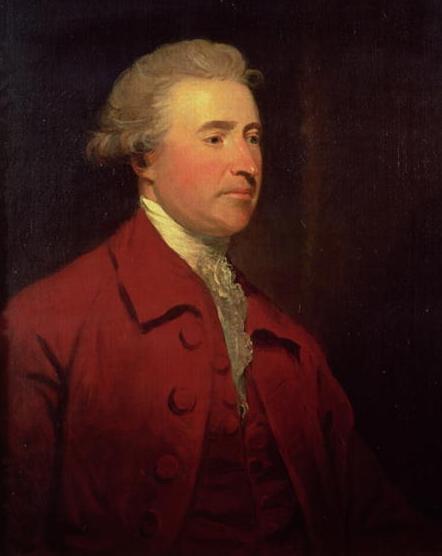Edmund Burke Citations
Edmund Burke: Citations en anglais
Observations on a Late Publication on the Present State of the Nation (1769)
1760s
Source: Second Speech on Conciliation with America (1775)
“Kings will be tyrants from policy, when subjects are rebels from principle.”
Volume iii, p. 334
Source: Reflections on the Revolution in France (1790)
Source: An Appeal from the New to the Old Whigs (1791), p. 460
“The people never give up their liberties but under some delusion.”
Speech at a County Meeting of Buckinghamshire (1784)
1780s
Source: A Philosophical Enquiry into the Origin of our Ideas of the Sublime and Beautiful
“It is our ignorance of things that causes all our admiration and chiefly excites our passions.”
Source: A Philosophical Enquiry into the Origin of our Ideas of the Sublime and Beautiful
Reflections on the Revolution in France (1790)
“Tyrants seldom want pretexts.”
Letter to a Member of the National Assembly (1791)
A Letter to a Member of the National Assembly (1791)
Letter to Sir Hercules Langrishe (1792)
1790s
“The wisdom of our ancestors.”
Burke is credited by some with the first use of this phrase, in Observations on a Late Publication on Present State of the Nation (1769), p. 516; also in Thoughts on the Cause of the Present Discontents (1770) and Discussion on the Traitorous Correspondence Bill (1793)
1760s
Reflections on the Revolution in France (1790)
Reflections on the Revolution in France (1790)
Thoughts on the Cause of the Present Discontents (1770)
Reflections on the Revolution in France (1790)
Reflections on the Revolution in France (1790)
Letters On a Regicide Peace (1796)
Reflections on the Revolution in France (1790)
Source: An Appeal from the New to the Old Whigs (1791), p. 440
Reflections on the Revolution in France (1790)
Reflections on the Revolution in France (1790)
Second Speech on Conciliation with America (1775)
Speech to the Electors of Bristol (3 November 1774); as published in The Works of the Right Hon. Edmund Burke (1834)
1770s
